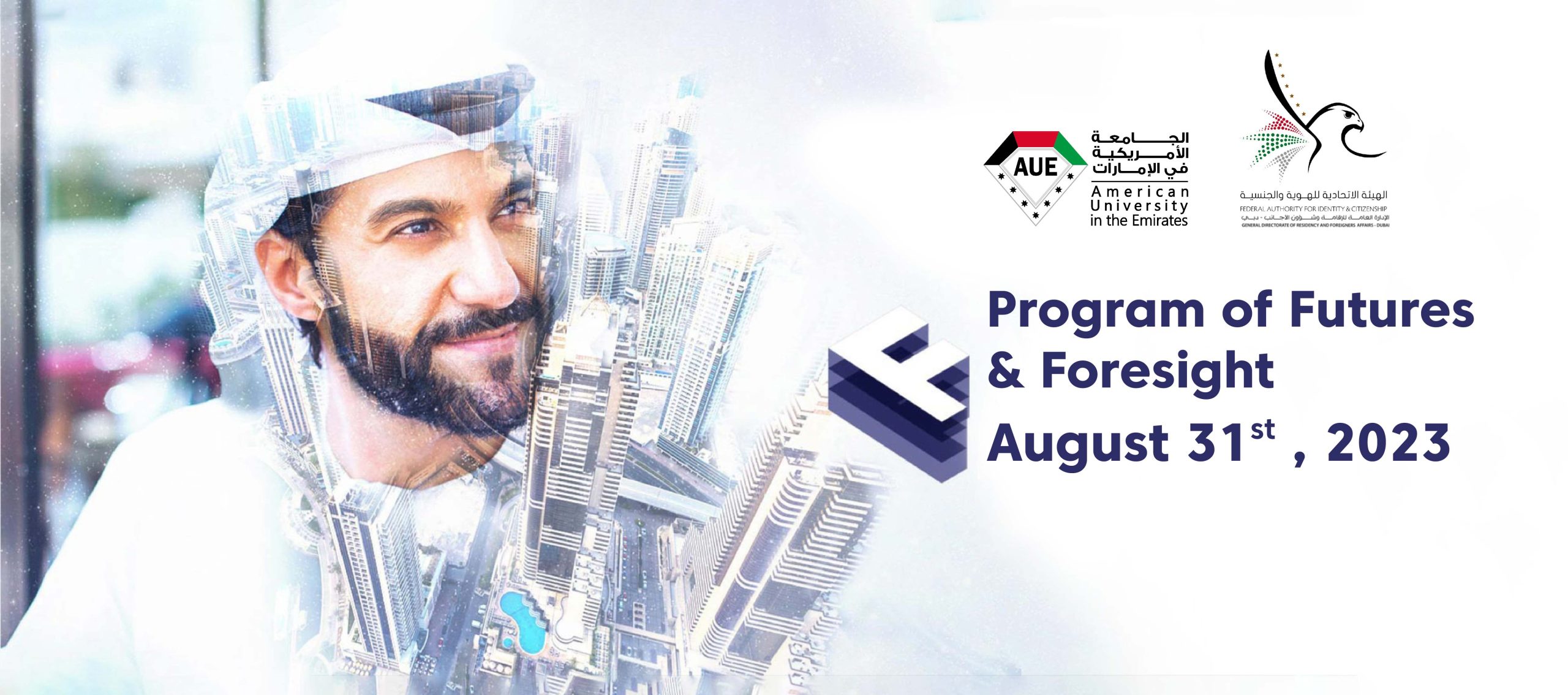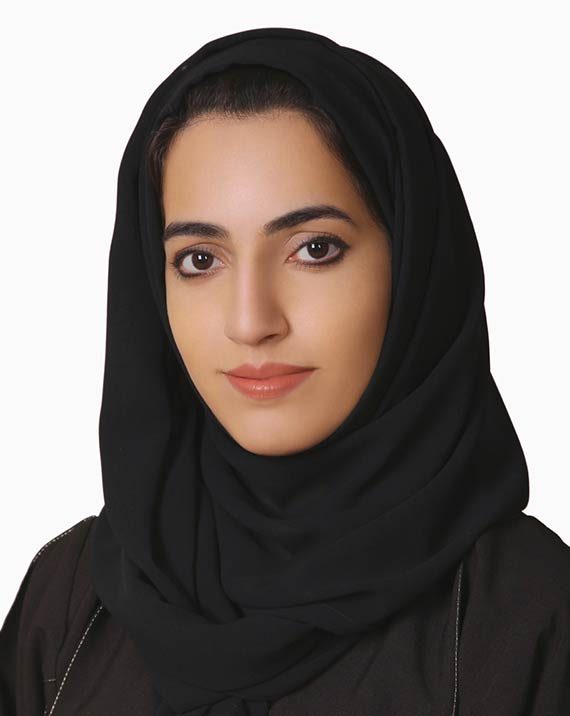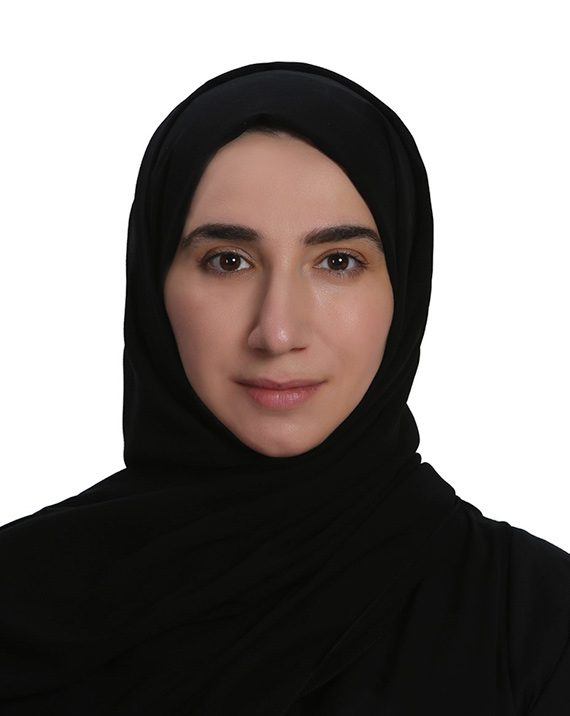In alignment to the Government's efforts in enhancing the concept of future foresight in various vital sectors, the General Directorates of Residency and Foreigners’ Affairs seeks to consolidate the concepts of Future Foresight by building the capabilities of individuals and developing them to ensure their preparation for the future vision construct.
Within this framework, the General Directorate of Residency and Foreigners’ Affairs in Dubai has taken the opportunity to activate the professional aspect by launching the Program of Futures and Foresight, which aims to:
- Identify the main theories and concepts in foresight
- Apply creative and critical thinking in relation to the practice of foresight.
- Apply the principles of scenario building and designing scenario dialogues .
- Demonstrate the ability to develop, formulate and present a coherent project design.
- Capability of building a contextual national agenda.





